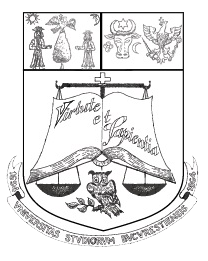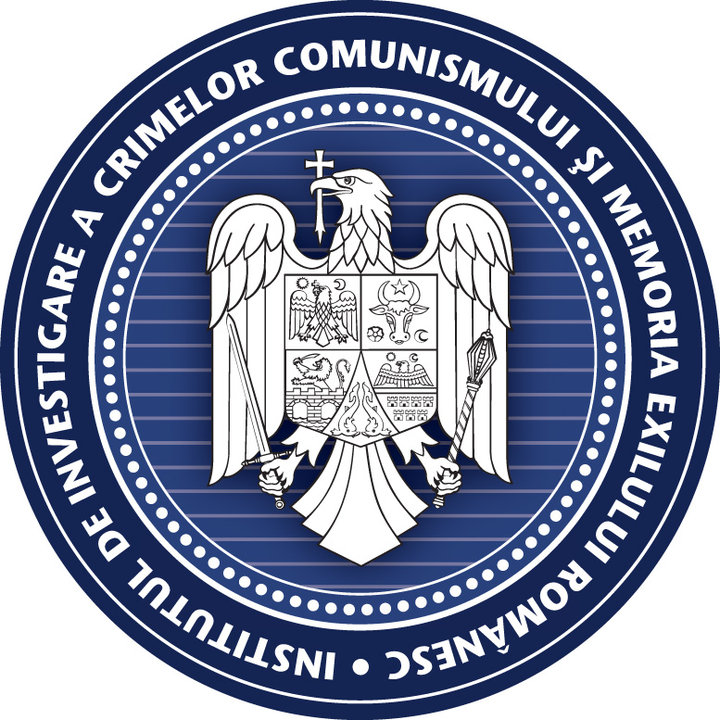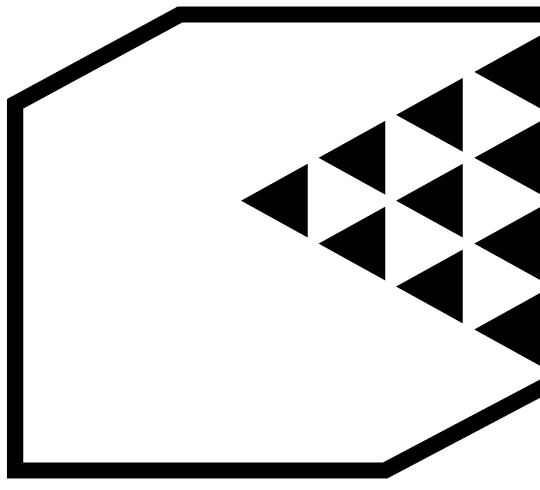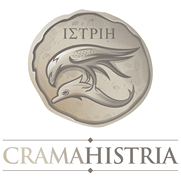|
Monumental Assembly "Calea Eroilor" [Heores Way], Tîrgu Jiu
|
|
| Country |
Romania
|
| Region/province |
Gorj
|
| Name of the cultural property, monument, natural or urban site, or site that has played a key role in European history. |
Monumental Assembly "Calea Eroilor" [Heores Way], Tîrgu Jiu
|
| Owner of the cultural property, monument, natural or urban site, or site that has played a key role in European history |
Council of Tîrgu Jiu Municipality
|
| Public or private authorities responsible for the site or property (delegated management) |
Council of Tîrgu Jiu Municipality, Ministry of Culture and Religious Affairs
|
| Postal address |
Calea Eroilor, no number
|
| Geographic coordinates of the cultural property, monument, natural or urban site, or site that has played a key role in European history |
45°02'02"N, 23°16'29"E
View Larger Map |
| Reasons for listing |
The assembly of modern monumental art at Tîrgu Jiu is a masterpiece of the human genius, created by one of the prominent promoters of the modern art. The assembly in Romania is the sole monumental art work of Constantin Brâncuºi already worldwide recognized as a masterpiece at the time of its conception (1935-1936).
|
| Description of the cultural property, monument, natural or urban site, or site that has played a key role in European history |
The whole monumental assembly is an act of fealty paid to the heroes dead during the first world war.
The assembly components placed along the public traffic way called the ``Heroes Avenue``, measuring 1.5 km. and with a general orientation toward East-West. Assembly components : The Silence Table - placed in the Public Garden by Jiu river banks. Made of stone (a Bampotoc limestone clepsydra-shaped table) and encircled by 12 clepsydra-shaped chairs. Conception year: 1938 The Chairs alley - 30 stone-made, square clepsydra-shaped chairs, placed on both sides of the alley per three-pieces groups, connecting the group of the Silence Table to the Kiss Gate placed at the East, at the park entrance. Conception year:1937-1938 The Kiss Gate - is a large-size portal made of travertine. The "kiss" is the decorative model. Conception year:1937-1938 The Column - placed in the park bearing the same name is generally taken for the most important component of the assembly. It consists in a series of brass-plated cast iron modules (16 modules of 180x90x45 cm. each and two semi-modules, the total height being 29 m.) Conception year:1937-1938 |
| History of the cultural property, monument, natural or urban site, or site that has played a key role in European history |
In 1935, the prime minister's wife, representing the Women National League of Gorj, asked Brancusi to build a memorial monument glorifying the heroes of Gorj dead during the first world war; only a 16-module column was erected. Later on, Brancusi added the monumental gate and further on a table and a group of chairs made of Bampotoc travertine.
Although achieved further on and missing stylistic analogies with the Column, the stone pieces have a symbolic relation with the Column, forming, altogether, a symbolically coherent assembly. Between the moment Brancusi received the theme and the inauguration of the monument there elapsed a 3-year period during which Brancusi designed and even personally made parts of the assembly, in parallel with the project for an erotic-thanatic temple in India for the Maharajah of Indore. The Kiss Gate was inaugurated on November 7, 1937, together with Peter and Paul Saint Apostles church, and the Column on October 27, 1938 when the whole assembly was inaugurated and blessed, immediately after the blessing of the memorial monument at Marasesti. At present, the assembly made by Constantin Brîncusi is applied rehabilitation works for the assembly components and works intended to reveal their value within the site. The works initiated in 1995 lasted for 10 years, the restoration involving extensive works and needing special investments assured by governmental funds and loans granted by the World Bank. |
| System of protection of the cultural property, monument, natural or urban site, or site that has played a key role in European history, if appropriate |
Legislative status
Law of Historic Monuments, with further modifications Enlisted with the Historic Monuments List for 2004, under code GJ-III-a-A-09465, Tîrgu Jiu Municipality, Calea Eroilor [Heroes Avenue]. 1937-1938 |
| State of preservation of the site/object |
The restoration and value-revealing works have created favorable premise to cultural exchanges intended to introduce the assembly into the European cultural lines.
|
| Policy to promote and enhance the appreciation of the site/property (detail actions already performed and required) |
Brancusi's assembly offers the ideal framework to cultural, community manifestations. The monumental art assembly created by Constantin Brâncuºi is accessible to the public who has been offered facilities by the landscape-refurbishment of the environment which stresses upon the artistic component (the Column park, the Public garden, the Heroes avenue, the Art Museum).
Action taken to enhance the cultural properties, monuments, natural and urban sites, or sites that have played a key role in European history, including site adaptation and visitor tools. Public accessibility policy. At least three EU languages used for documents, signs etc. Information provided: does the content promote an appreciation of the European identity of the site/object? Activities aimed at local visitors, and French and overseas tourists intended to strengthen the sense of European identity and citizenship? Does this programme promote the role played by the site/property in European history? Are these activities aimed at strengthening citizens' understanding of, and respect and support for, European heritage? Are cultural guides trained in European heritage available? 2006: Brâncusiana - A Meeting with international participation "Brancusi 130" (Târgu Jiu, 17.02.2006 - 19.02.2006) : - Symposium "Brancusi Actuality", - Exhibition and book and CD presentation - Awarding of "Brancusi" prizes - Documentary travel to Hobita - Visit to "Heroes Avenue" Monumental Assembly 2007: Events dedicated to the great artist's 50-th memorial: Brâncusi Memorial-an international meeting, pilgrimage to the museum-house of Hobiþa, his birth village, Te Deum at Hobita wood church, publications presentation, performances, meetings (Hobita, 15.03.2007 – 17.03.2007) : Organizers : Mayoralty of Târgu Jiu, Local Council of Târgu Jiu, County Department for Culture, Religious Affairs and National Cultural Patrimony, Culture and Art Centre Constantin Brâncusi |
| Cultural exchanges and networking |
A central personality of the modern artistic movement, Constantin Brâncusi is recognized as one of the greatest sculptors of the XX-th century. His sculptures are remarked by their shape elegance and purity and by the sensitive way he made use of materials, combining the simplicity of the Romanian folk art with the Parisian vanguard subtlety. Verticality, horizontality, weight, density, as well as the importance granted to light and space is the special features of Brâncusi's creation. His work has deeply influenced the modern concept of the shape in sculpture, painting and drawing.
|
| Sources and level of finance |
Budget of the County Council, Ministry of Culture and Religious Affairs, through the National Plan of Restoring Budget and sources of finance for the conservation of the cultural properties, monuments, natural and urban sites, or sites that have played a key role in European history, and for the promotion strategy.
|
| Activities taken/planned to heighten the profile and representativeness of the site |
County Council
2004 - 2005- Brâncusi on-line - A program intended to transmit Brancusi works on-line (Mayoralty of Târgu Jiu Municipality - value 100 000) 2005-2007 - Revealing Brancusi's works value from the landscape point of view (Mayoralty of Târgu Jiu Municipality, Culture Centre Constantin Brâncusi - value 100 000) Târgu Jiu, European cultural chieftown – native land of the triad Constantin Brâncusi, Tudor Arghezi, Elvira Godeanu (Mayoralty of Târgu Jiu Municipality and other sources - value 300 000 Euro) |
| Links | Endless Column |
SHARE















